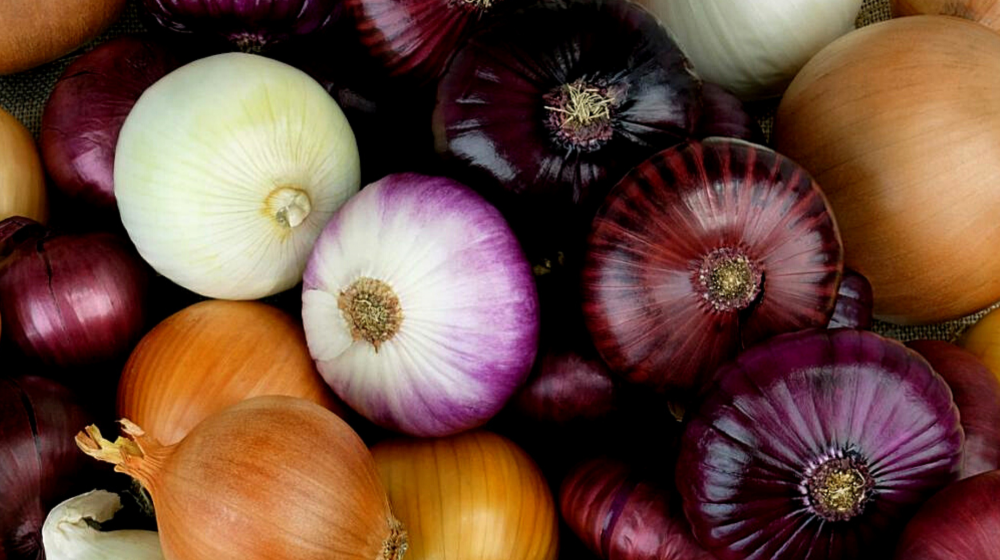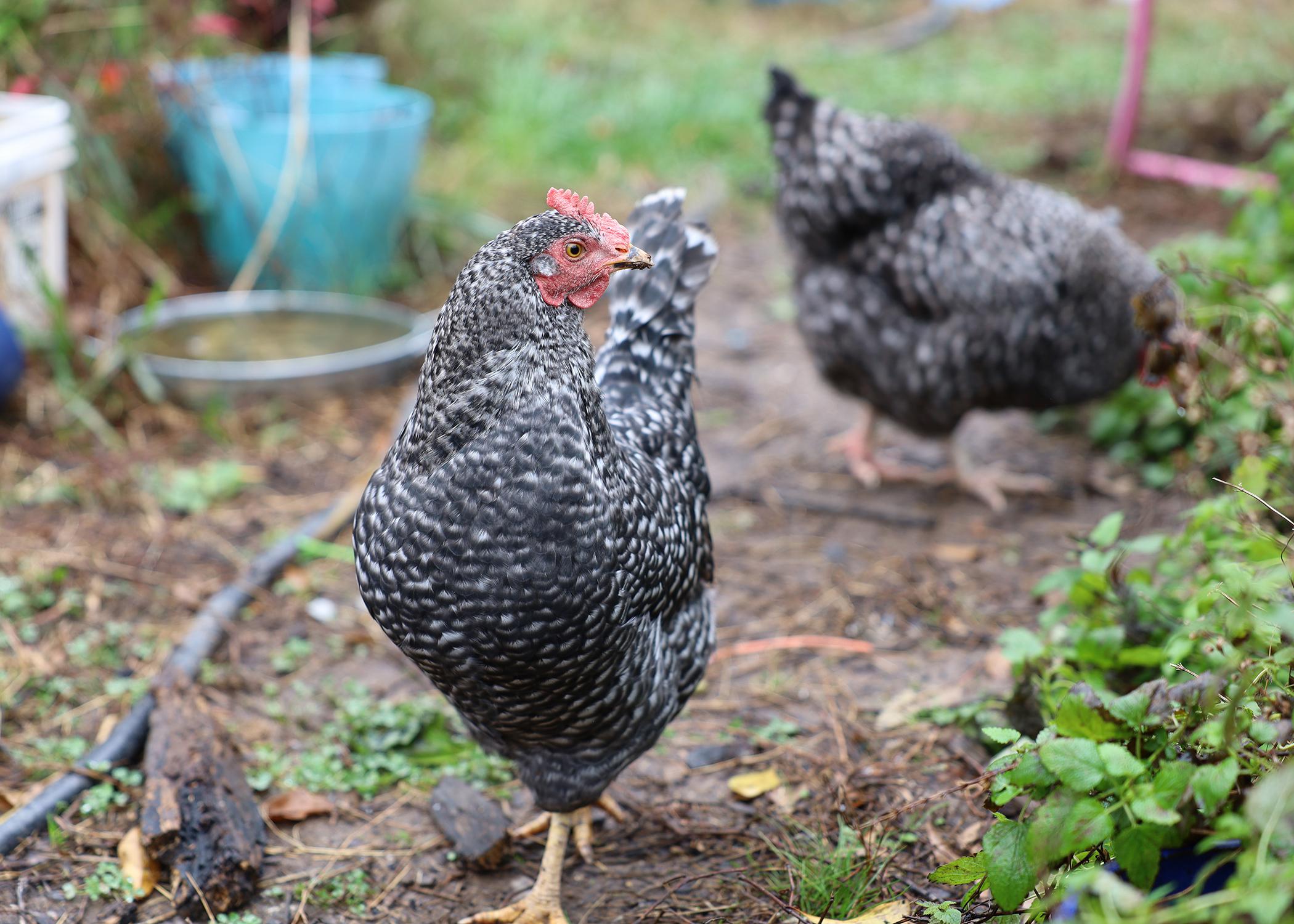Understanding the Different Types of Onions

Not all onions are the same, and certain recipes benefit from using a specific onion variety. (Photo by Canva)
Have you ever visited the grocery store to buy onions for a recipe, only to realize you don’t know which type of onion to buy? We’ve all been there! Not all onions are the same, and certain recipes benefit from using a specific onion variety.
- Yellow onions – Yellow onions are a go-to onion. They are versatile and can be used in many dishes. If you don’t know what type of onion to use, yellow onions are a safe option. They are great when used in soups, stews, sauces, and roasts.
- Red onions – Also known as purple onions, red onions have a very sharp and pungent flavor. These onions are best eaten raw. If you’re making salads, sandwiches, burgers, or guacamole, you should include a red onion. They’re also perfect for pickling and grilling!
- White onions – The crunchiest of them all, white onions have a sharp, mild flavor. They are commonly used in Mexican and stir-fry dishes. They’re put to best use when used in fresh salsa and guacamole.
- Sweet onions – Just as the name suggests, sweet onions have a very sweet taste. The sweetness of the onion is perfect when roasted with other vegetables. They’re also particularly great for onion rings!
Pro tip: Onions are notorious for making people tear up when cutting them. A chilled onion reduces the chance of tears, so stick the onion in the fridge before cutting!
Our friends at Penn State Extension have a great article on how to preserve onions by freezing and drying them. If you want to learn how to caramelize onions, check out this Food Factor video!
Posted on: January 20, 2023
Subscribe to Extension for Real Life
Fill in the information below to receive a weekly update of our blog posts.
Recent Posts
July 26, 2024
July 24, 2024
July 19, 2024
Related News
May 20, 2024
April 17, 2024
June 21, 2023
June 8, 2023
May 3, 2023
Pages
Related Publications
Publication Number: P1690
Publication Number: P1576
Publication Number: IS0776
Publication Number: P3545
Publication Number: P3613









